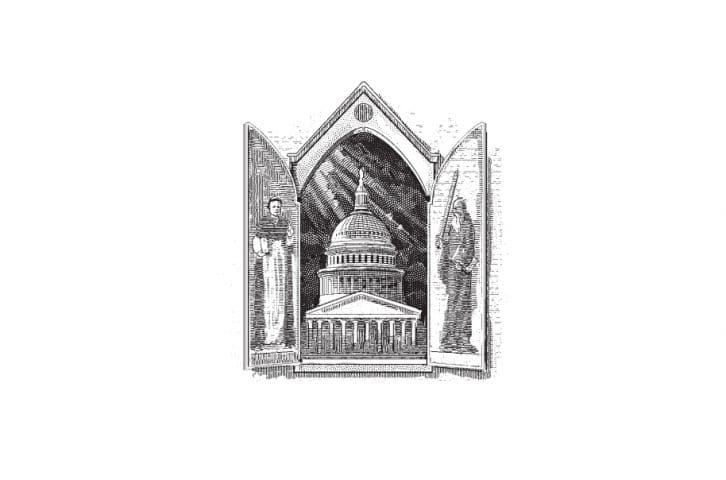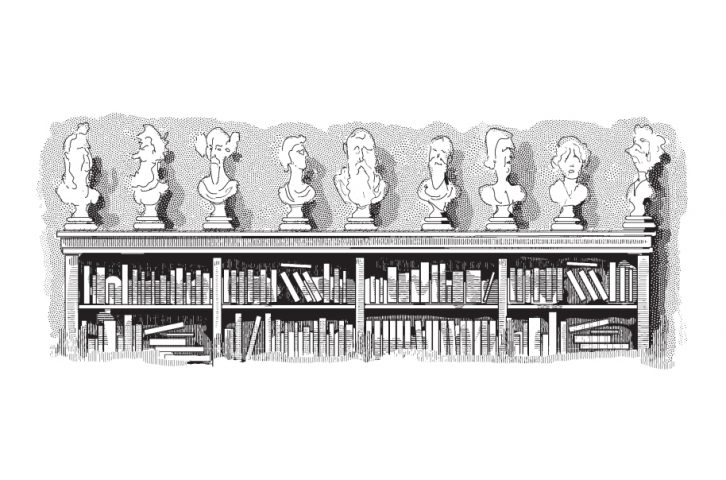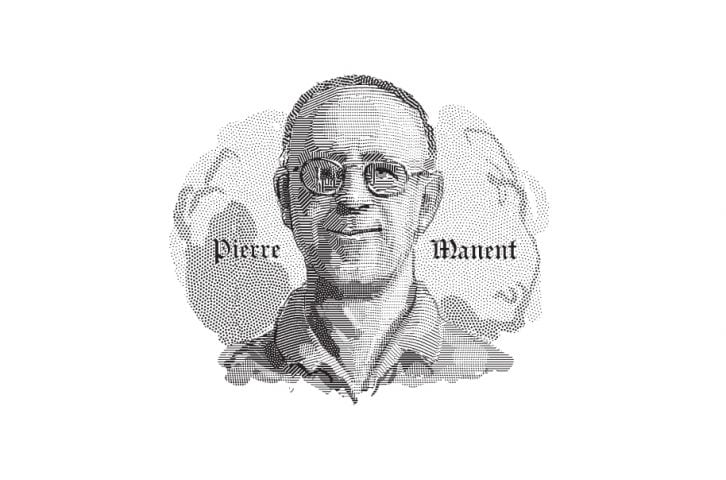Books Reviewed
A review of Natural Law Liberalism, by Christopher Wolfe
The history of liberalism, according to one point of view, is progressive, as over time an ever more thoroughly consistent individualism has emerged. Certainly today's liberal theorists, and the judges they influence, are more relentless than ever in trying to transform all of American life according to the autonomy principle. A big problem with such "progress," however, is that the implementation of a too-consistent liberalism may make our liberal democracy unsustainable. This is the burden of the argument in Christopher Wolfe's penetrating new book, Natural Law Liberalism. Wolfe, a political scientist at Marquette University, examines the more progressive formulations of contemporary liberalism found in the writings of John Rawls, Stephen Macedo, Ronald Dworkin, Amy Gutmann, Dennis Thompson, and Joseph Raz, and he convincingly makes the case that our seemingly most sophisticated thinking is becoming both tyrannical and self-destructive.
This brilliant critical analysis is a prelude to Wolfe's defense of natural law liberalism. He employs the great tradition of natural law—which centers on the writings of St. Thomas Aquinas—as a way of moderating modern liberalism, of keeping it from becoming simply liberal. The truth, Wolfe admits, is that proponents of Thomistic natural law "find many liberal tendencies congenial," and gladly accept them as corrections to the illiberal tendencies in pre-modern articulations of natural law morality and politics. But modern-day Thomists also see that other liberal tendencies must be contained and directed "in order to make them reasonable and beneficial." Modern liberalism, it seems, requires assistance from outside sources to be either true or good.
Wolfe says he wants to be considered a liberal, but it's clear that his natural law understanding of both the purposes of government and the meaning of our humanity rests on premises fundamentally different from those of individualistic liberalism. Natural law, he explains, begins with "the idea of a natural order." This order is discovered, not created, by humans, and so shapes and limits a proper understanding of human liberty. It orients persons towards a natural hierarchy of human ends. Those ends—familial, political, philosophical, and theological—are shared by all humans. And the highest human end is that of discovering the truth about nature and the providential God, an end that necessarily limits the rights of the individual. Wolfe, in truth, defends much of liberal doctrine concerning liberty, equality, limited government, and freedom of conscience while rejecting the state-of-nature, natural rights framework characteristic of the early modern liberal thinkers.
* * *
Is such a corrected or externally moderated liberalism internally consistent? Today's liberals claim that liberalism was based from the start on a comprehensive rejection of the Thomistic, natural law understanding, and that the history of modern liberalism is the working out of all the moral and political implications of that rejection. Yet they have to acknowledge that classical or Lockean liberalism, at least, did not seek to redefine all of human life in terms of egoistic individualism, that it distinguished religious toleration from indifference (or hostility) to religion, and that it supported public morality and family life. Classical liberalism was, Wolfe argues, more indebted to the natural law tradition than it was willing to concede. Early-modern liberals, whatever their radical pretensions, sought a salutary correction more than a complete destruction of natural law's moral and political premises. Wolfe's natural law liberalism would then be an attempt to make conscious or explicit what earlier liberals took for granted. It is his view that the classical or Lockean combination of natural law and liberal individualism was more reasonable and beneficial than the hyper-liberalism that followed it.
Although Wolfe's presentation of natural law liberalism is able and nuanced, it is neither problem-free nor likely to convince his more comprehensively liberal opponents. One criticism is that his approach is too distinctively Catholic; he doesn't confront the difficulty that for most American Protestants (not to mention unbelievers), the natural law is anything but "natural." Another criticism is that Wolfe's project is less original than he lets the reader know. Orestes Brownson, in The American Republic (1865), and John Courtney Murray, in We Hold These Truths (1960), made earlier and worthy attempts to ground America's liberal order in some form of natural law, inaugurating Catholic Americans' effort to offer their country a theory worthy of our founders' great and enduring practical accomplishment.
Brownson and Murray—and now Wolfe—suggest that America's Founding Fathers, in fact, built better than they knew, that American liberalism, if it will only acknowledge its pre-liberal debts, can be the foundation of a decent and dignified political order. We can be grateful to Wolfe for renewing a perennial quest to save our country's liberalism from its own excesses.



